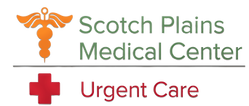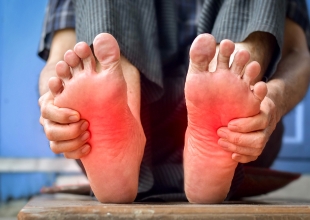Relapse Prevention Strategies for Addiction Recovery
Relapse prevention strategies are vital when it comes to learning to live a happy life in recovery. One day at a time, individuals can learn to implement these coping skills. This will help prevent relapse and live a life beyond their wildest dreams.
Recovery from alcohol and other drugs is considered a process of personal growth with developmental milestones. There is a relapsing risk at any stage of recovery that makes skills or relapse prevention vital to know and understand.
Below are some of the most common triggers of relapse:
- Stress
- Anger
- Boredom
- Relationship issue
- Falling into old habits
- Money problems
- Certain places or people
- Certain smells and sights.
This blog will explain some of the relapse prevention strategies that help in the addiction recovery process.
Effective Relapse Prevention Strategies for Addiction Recovery
Here are some of the common and effective skills of relapse prevention you can consider for addiction recovery.
Mindfulness Meditation
It is a concept that instructs people to be more self-aware. When you get more self-aware, you can better cope with potential triggers to relapse.
As per studies, significant improvements in people in recovery who follow a mindfulness meditation relapse prevention program versus people who do not use mindfulness meditation. It has been reported that people using this method remained sober and clean for longer. Moreover, they have increased awareness and acceptance.
Self-care
Fatigue and insomnia are two common post-acute withdrawal symptoms when recovering from addiction. As per The New York OASAS, these are common potential triggers for relapse.
When someone implements physical exercise and a balanced diet, he can significantly improve his quality of sleep. Establishing and following a structured eating, exercise, and sleeping schedule is vital. When you do this, you can retain the body and sleep better. This will also help minimize the relapse risk.
Join a Support Group
Participating regularly in support groups, like NA or Narcotics Anonymous, AA or Alcoholics Anonymous, offers support, education, accountability, and the ability to meet peers who understand what you are going through. Peer and sponsor support is a vital recovery element. An addiction treatment service Scotch Plains, further prevents relapse as it decreases the loneliness feelings and isolation risk. Both of these are common triggers for relapse.
Know Your Triggers
Triggers can be external, like places, people, or things that remind one of their past use, or internal, like irritability, anger, stress, anxiety, or low self-esteem. Make a list of external and internal triggers, as it is an effective way of gaining awareness of one’s triggers and minimizing the risk of relapse.
HALT
HALT is an acronym for Hungry, Angry, Lonely, and Tired. These four are the most common triggers for many recovering addicts and alcoholics. Whenever feeling “off” or anxious or craving to use, ask yourself if you are feeling any of these symptoms. When you do a regular inventory of HALT, you can significantly prevent the relapse risk.
If you implement these relapse prevention techniques into your daily schedule, it can immensely help minimize the relapse risk. Contact us to learn more about outpatient and inpatient treatment programs and understand relapse prevention strategies. You will be highly beneficial for sure.




